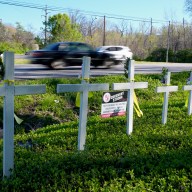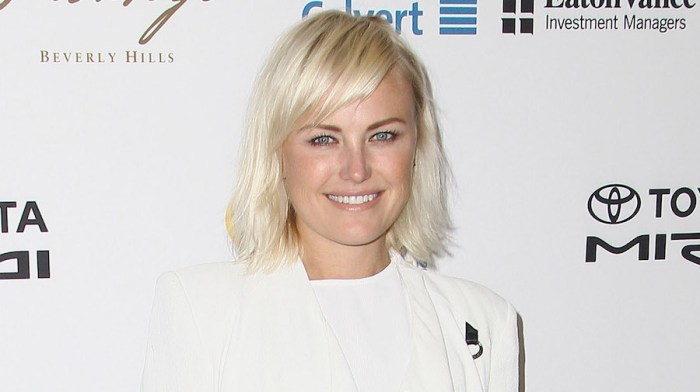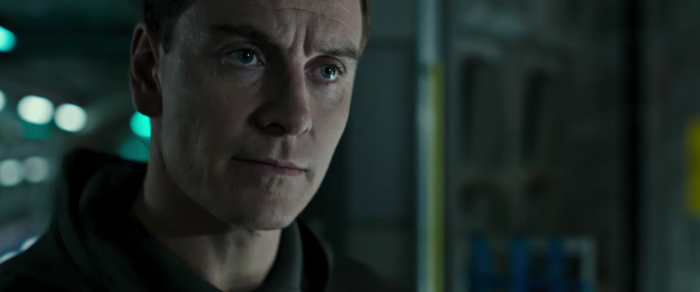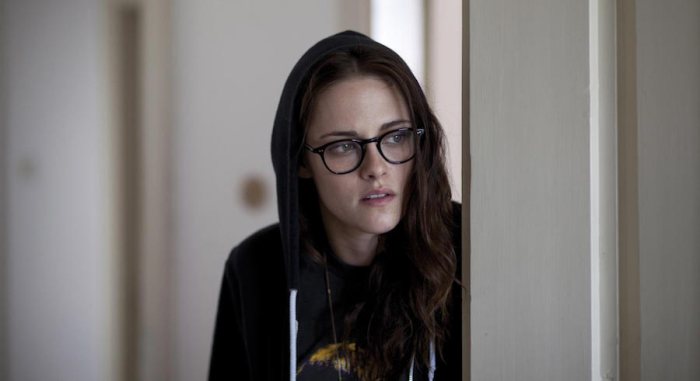No shortlist of pioneering documentary filmmakers is complete without the Maysles Brothers, David and Albert, who together made direct cinema giants like “Salesman” (1968), “Gimme Shelter” (1970) and “Grey Gardens” (1975). David died of a stroke in 1987. Now Albert, who carried on their legacy, has passed, according to the Criterion Collection’s Facebook page. He was 88. The Maysles were part of the first batch of enterprising young filmmakers — among them D.A. Pennebaker, Richard Leacock and Robert Drew — who took advantage of the introduction, in the late 1950s, of lightweight, 16mm cameras that could record synch sound. Now reality could more easily be recorded, and the old method of restaging if not outright creating “non-fiction” — as Robert Flaherty (“Nanook of the North”) sometimes did — could make way for a more accurate and pure depiction of reality (that’s still polluted by the presence of filmmakers, but that’s for another article). Among the Maysles’ initial documentaries were short profiles of Orson Welles, Marlon Brando and mega-producer Joseph E. Levine. They were also lucky to get hipped to the arrival in America of The Beatles, which resulted in 1964’s “What’s Happening! The Beatles in the USA” — a corrective, if you will, to the more polished and absurdist quasi-fiction version that was Richard Lester’s “A Hard Day’s Night,” that actually showed them smoking and not always cracking jokes. It was with 1968’s “Salesman” — which ran around with bible salesmen — that they went next level, establishing the notoriety that would net them the job that became “Gimme Shelter.” They were there with cameras to document the notorious Rolling Stones-headlined Altamont concert in 1969 that ended with a man stabbed to death — an act caught however fleetingly on film. The Maysles were working on a documentary in the mid-1970s about Jacqueline Onassis when they found themselves far more interested in two of her cousins: “Big” and “Little Edie” Beale, two high society dropouts who had fallen on hard times but not lost their lavish Long Island estate, which they had let turn into a dilapidated, cat- and raccoon-strewn hellspace. The result was “Grey Gardens,” one of the most hotly debated pieces on the subject of documentary exploitation, though also a deeply felt look at a mother and daughter who’ve grown comfortable with both a co-dependent relationship and an alternative lifestyle. The Maysles also had a long partnership with the artists Christo and Jeanne-Claude, who routinely invited them to preserve their high-concept art pieces — a “valley curtain” in Colorado, a “running fence” through the Marin and Sonoma countryside — on film, as well as the battles with locals to get them launched. In fact, “Running Fence” is among their top-tier work. Albert continued making his Christo and Jeanne-Claude films after David’s death, including a film on the 2005 Central Park installation “The Gates.” And he continued with his own work. Indeed, “Iris,” about fashion icon Iris Apfel, is due for release in April. He also opened the Albert Maysles Institute and Cinema in Harlem, which brought outreach programs and documentary and art house films to the area. One way to pay tribute to Albert, and David, would be to check out the reissue of “Grey Gardens,” which, spookily, starts its run at New York’s Film Forum today.
Documentary pioneer Albert Maysles (‘Gimme Shelter,’ ‘Grey Gardens’) passes away at 88

Warner Bros.
Follow Matt Prigge on Twitter@mattprigge


















